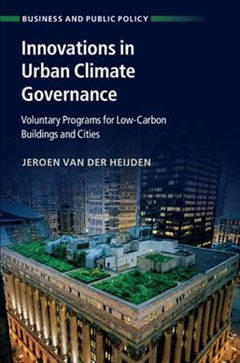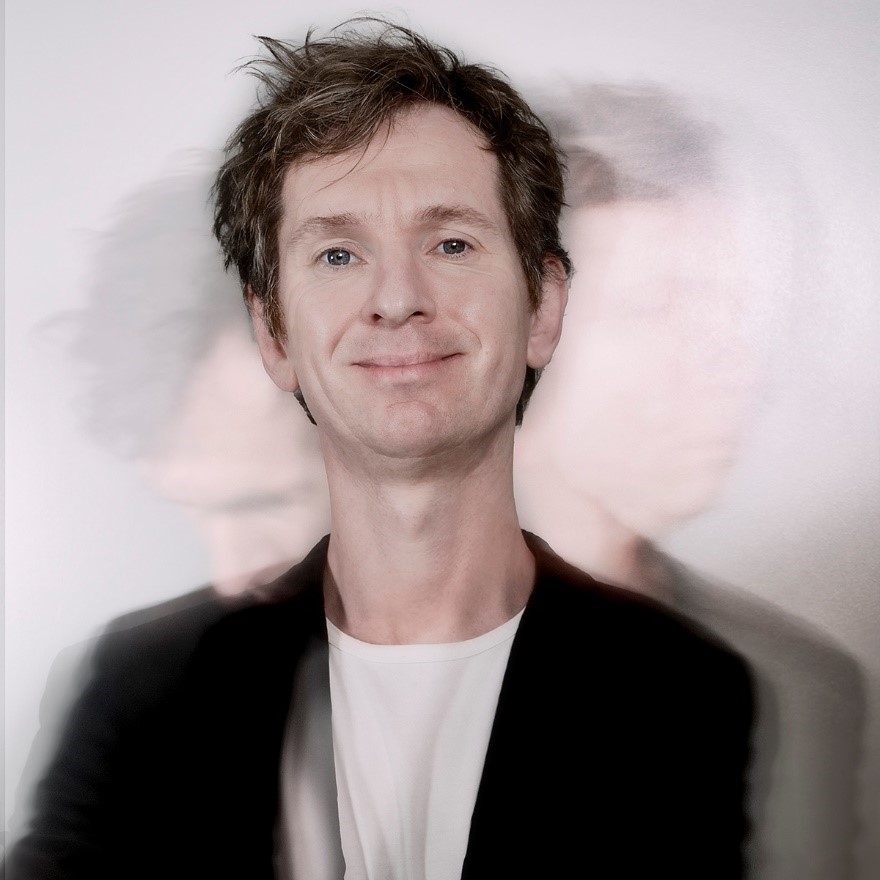
Qualitative Comparative Analysis (QCA) provides a bridge between case-oriented and variable-oriented research methods. It is rapidly making inroads in the social sciences.
This master class is designed for participants who have experience in qualitative or quantitative research and who are interested in applying qualitative comparative analysis (QCA) in their current or future studies.
This course is being offered across 3 evenings 'live' online via Zoom.
See syllabus below for a detailed timetable.
The Course will run from 6.30 pm to 9.30 pm on Australian Eastern Daylight Time (GMT +11)
(ie Melbourne, Sydney, Canberra daylight savings time)
Professor Jeroen van der Heijden – With 20+ years of international research experience, Jeroen specializes in climate change solutions for urban environments, encompassing both mitigation and adaptation strategies. His journey includes an MSc in Architecture and Ph.D. in public administration from TU Delft (Netherlands) and academic roles at institutions worldwide, including professorships at the Australian National University (Australia), Amsterdam University (Netherlands), and the Victoria University of Wellington (New Zealand). He has authored over 80 peer-reviewed articles, 70 book chapters, and notable books on urban climate governance and action—many of which include applications of QCA.
Since 2007, he has been applying QCA in various research projects and has been teaching the method since 2017. More information on Jeroen’s work is available from www.jeroenvanderheijden.net.
This is an introductory master class. In it, we will explore the epistemological foundations of QCA and question what the method can and cannot be used for. The master class will introduce participants in (i) the basics of QCA—set-theory and Boolean algebra; (ii) the various approaches to QCA—crisp set, multi value, and fuzzy set; (iii) current debates on QCA; and, (iv) the challenges you may encounter when developing a QCA. To get our heads around the logic of QCA, we will carry out a few QCA applications by hand.
By the end of the master class, you will be able to assess whether QCA is a meaningful approach for your current or future research projects. You will also be able to assess, to some extent, the quality of QCA applications by others. The master class is a mix of lectures and exercises—the emphasis is on lectures, however (it is an introduction to QCA, and for that we need to cover a lot of “theoretical” ground).
By the end of this master class you will not be able to carry out a full QCA application. Participants who wish to be able to do so are advised to (also) complete the master class Qualitative Comparative Analysis: An application in 10 steps.
The target audience for this master class are researchers, practitioners and academics who have conducted at least one qualitative study, and are familiar with the process and context of qualitative research.
Day 1
- 6:30-7:00, Introductory session:
- Who is who? Why have you chosen this course? What do you expect to get out it?
- What are we going to do over the next two days? What are we not going to do?
- 7:00-8:00, Epistemological foundations of QCA:
- What are the epistemological foundations of QCA?
- Where is QCA positioned in relation to case-oriented and variable-oriented research?
- 8:00-9:30, Exercise
- The essence of QCA: logical minimization (and truth tables)
- To get an understanding of the very basics of QCA, we will carry out a QCA analysis by hand.
- Once we get the basics of QCA, we will explore data with an Excel add-in.
Day 2
- 6:30-7:00, Conjunctural causation, equifinality, (data) asymmetry
- What is conjunctural causation? What is equifinality? What is (data) asymmetry? Where do we see it in the world?
- Whether/where do you expect conjunctural causation, equifinality, and/or (data) asymmetry in your field of research?
- 7:00-8:00, What can QCA be used for?
- Data analysis, literature reviews, theory building, case selection, robustness tests
- 8:00-9:00, Further and future development of QCA as a method
- Crisp set (cs) and fuzzy set (fs) QCA
- Ongoing critique to QCA as a method
- 9:00-9:30, Open discussion, recap of the basic terminology and concepts:
- Condition, outcome, conjunctural causation, equifinality, asymmetry, necessary condition, sufficient condition, logical minimisation.
Day 3
- 6:30-7:00, How “easy” is it to use QCA?
- Jeroen’s experiences with using QCA in small and multi-year research projects
- 7:00-8:30, The most common challenges when applying QCA (and how to deal with them)
- Is the number of cases you have all that matters?
- How many conditions can be included in the theoretical model?
- What is limited diversity and what to do about it?
- 8:30-9:30, Important research design choices
- Open discussion: where, why, and how do you want use QCA in your (future) research?
- What are your hopes and concerns in applying QCA?
This master class will take place online.
We will apply an MS Excel add-in during this master class.
Participants will be expected to have experience with at least one qualitative research project or have undertaken an introductory level course in qualitative research methods. While some discussion of the technical elements of methods is presented during master class, participants should have a basic familiarity with data collection methods such as interviews, observation, and document analysis.
The instructor's bound, book length course notes will serve as the course text.
- Schneider, C. and C. Wagemann (2012). Set-Theoretic Methods for the Social Sciences. Cambridge, Cambridge University Press.
- van der Heijden, J. (2017). Innovations in Urban Climate Governance: Voluntary Programs for Low-Carbon Buildings and Cities. Cambridge, Cambridge University Press.
Other readings:
- Ragin, C. (2008). Redesigning Social Inquiry: Fuzzy Sets and Beyond. Chicago, Chicago University Press.
- Rihoux, B. and C. Ragin (2009). Configurational Comparative Analysis. London, Sage.
Q: Do I have to have had any qualitative research experience to do this course?
A: Yes, you will have been expected to have experience with at least one qualitative research project or have undertaken an introductory level course in qualitative research methods.
Q: Do I have to have had any experience with QCA to do this course?
A: No, but it is strongly recommended to familiarise yourself with the recommended texts before participating in this master class; particularly Schneider and Wagemann (2012).
Q: I already have some experience with QCA. Will I get anything out of this introductory course?
A: You absolutely will. Dr
Professor Jeroen van der Heijden – With 20+ years of international research experience, Jeroen specializes in climate change solutions for urban environments, encompassing both mitigation and adaptation strategies. His journey includes an MSc in Architecture and Ph.D. in public administration from TU Delft (Netherlands) and academic roles at institutions worldwide, including professorships at the Australian National University (Australia), Amsterdam University (Netherlands), and the Victoria University of Wellington (New Zealand). He has authored over 80 peer-reviewed articles, 70 book chapters, and notable books on urban climate governance and action—many of which include applications of QCA.
Since 2007, he has been applying QCA in various research projects and has been teaching the method since 2017. More information on Jeroen’s work is available from www.jeroenvanderheijden.net.
The course was excellent - well paced, targeted, relevant. The presenter was friendly, very knowledgeable and gave participants lots of opportunity to ask questions. (Online Summer 2021)
The instructor's bound, book length course notes will serve as the course text.
